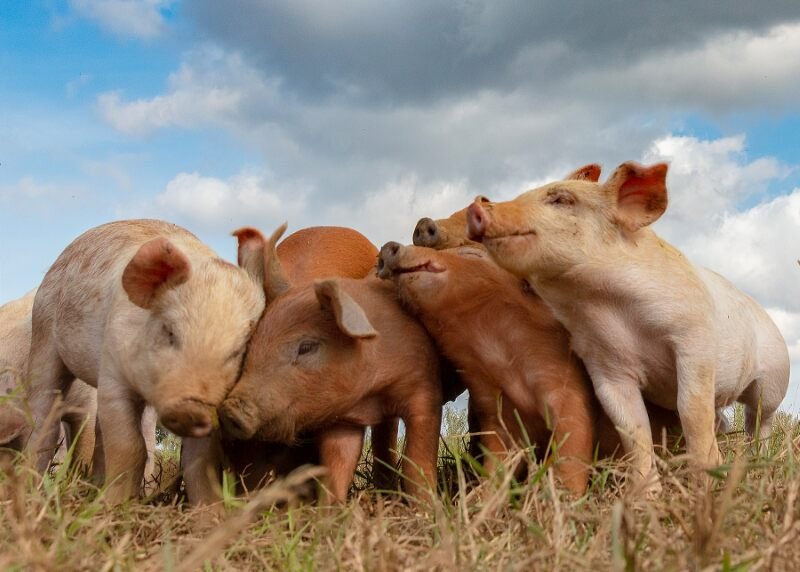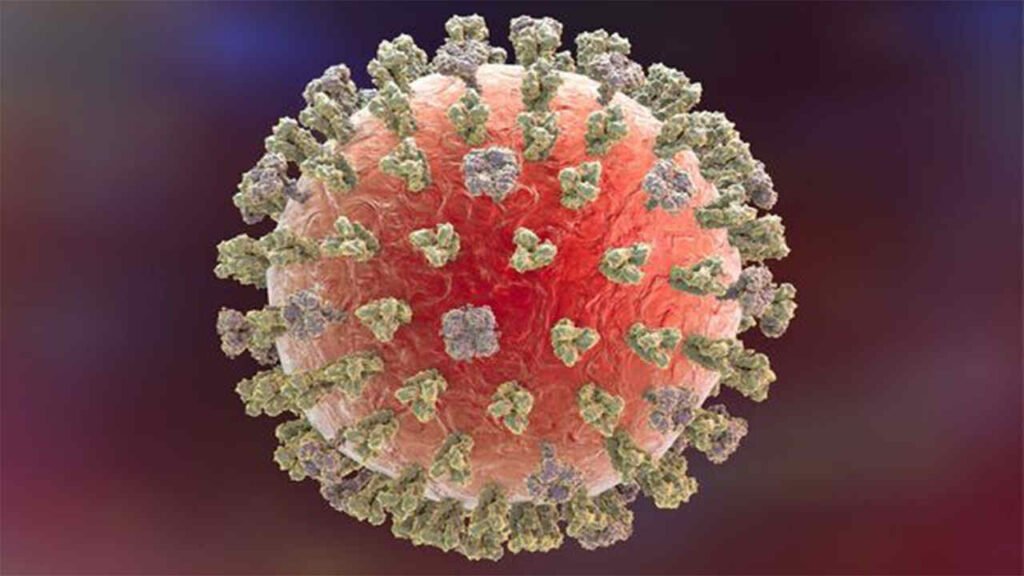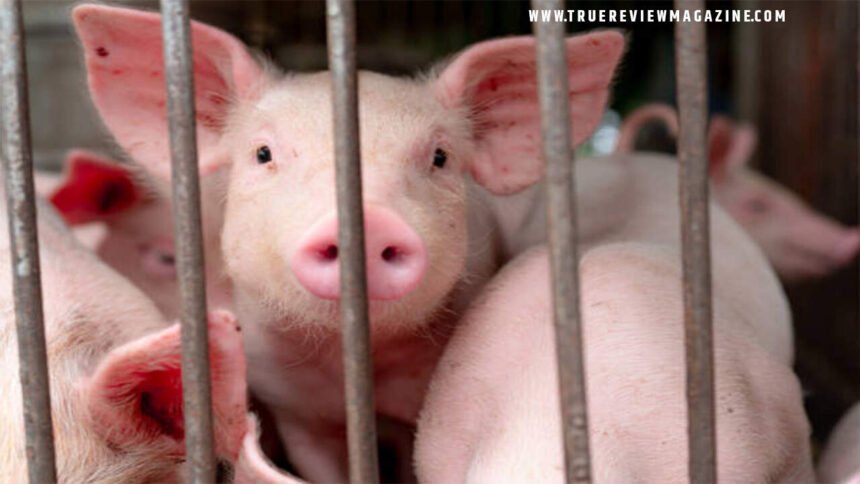The UK recently confirmed its first case of H1N2, a strain of swine flu that has affected about 50 people worldwide since 2005.
The UK Health Security Agency (UKHSA) confirmed one case of Influenza A(H1N2)v, a strain similar to flu viruses found in UK pigs. The UKHSA notified the World Health Organization (WHO) about this finding.
This case came to light during routine national flu monitoring conducted by the UKHSA and the Royal College of GPs. The individual, whose identity remains undisclosed, was tested in North Yorkshire on November 9 due to respiratory symptoms. Subsequent tests confirmed H1N2.
The infected person had a mild illness and has recovered without hospitalization. They had no known contact with pigs, as reported by the Guardian. Investigations into the source of infection are ongoing.

This H1N2 strain differs from the one that caused the 2009 pandemic (H1N1). Swine flu generally involves three subtypes – H1N1, H1N2, and H3N2 – occasionally infecting humans after exposure to pigs or contaminated environments. The 2009 H1N1 strain now circulates seasonally in humans and is distinct from the current pig-related viruses.
Globally, there have been 50 reported human cases of H1N2 since 2005, including some in the US. The recent UK case is genetically unrelated to previous H1N2 cases.
The UKHSA advises individuals with respiratory symptoms to limit contact with others, especially the elderly or those with existing medical conditions.
The UKHSA is actively monitoring the situation, assessing the virus’s characteristics and its potential risk to human health. Presently, there’s no evidence suggesting H1N2 could lead to a pandemic, and its transmissibility remains unknown. Authorities are evaluating the severity of the threat.

In North Yorkshire, the UKHSA is bolstering surveillance in existing flu programs at GP practices and hospitals. Close contacts of the infected person are being tracked, and individuals are encouraged to undergo testing if requested. Those testing positive or showing symptoms will receive further guidance on care.
In conclusion
the detection of the H1N2 swine flu strain in the UK marks a pivotal moment in ongoing flu surveillance efforts. The case’s distinct characteristics, coupled with the advised precautions by the UK Health Security Agency (UKHSA), emphasize the importance of continued monitoring and proactive measures to safeguard public health. With ongoing investigations and enhanced surveillance in place, staying informed and following recommended guidelines remain crucial in addressing this evolving situation.
Explore the UK’s initial encounter with H1N2 swine flu, uncovering its detection, distinctiveness, and ongoing investigations. Gain insights into the advised precautions from the UK Health Security Agency (UKHSA) and the measures taken in North Yorkshire.
click here: https://truereviewmagazine.com/










